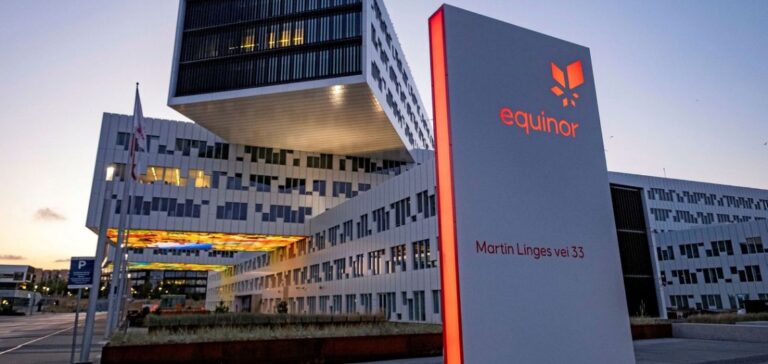Equinor has announced a revision of its renewable energy targets, lowering its planned capacity for 2030 from 12-16 gigawatts (GW) to 10-12 GW. At the same time, the company is strengthening its commitment to hydrocarbons, with production expected to increase by more than 10% by 2027.
An industry-wide trend
Equinor is not the only major player adjusting its energy priorities. Shell and BP have also reduced their investments in energy transition, while TotalEnergies recently announced a $500 million cut in low-carbon energy funding for 2024. In contrast, specialized players like Ørsted, which have fully committed to renewables, are facing financial difficulties and massive write-downs due to high costs in the sector.
Increasing hydrocarbon production
Equinor’s oil and gas production reached 2.07 million barrels of oil equivalent per day (Mbep/d) in 2024. The new target for 2030 is 2.2 Mbep/d, up from the previous goal of around 2 Mbep/d. The strategy outlined by CEO Anders Opedal focuses on adapting to market conditions, with an emphasis on profitability and shareholder value.
Mixed reactions
While this strategic shift has been well received by investors and financial analysts, it has drawn criticism from environmental organizations. Greenpeace Norway, for instance, condemns the move as prioritizing profitability over climate concerns. However, Norway’s Ministry of Trade, Industry, and Fisheries, which holds a 67% stake in Equinor, has yet to issue an official response.
An evolving energy market
Forecasts for global oil demand remain uncertain. The International Energy Agency (IEA) predicts that demand will peak by the end of the decade, whereas the Organization of the Petroleum Exporting Countries (OPEC) expects continued growth until at least 2050. In this context, major energy corporations are adjusting their strategies to respond to fluctuating demand and investor pressures.






















